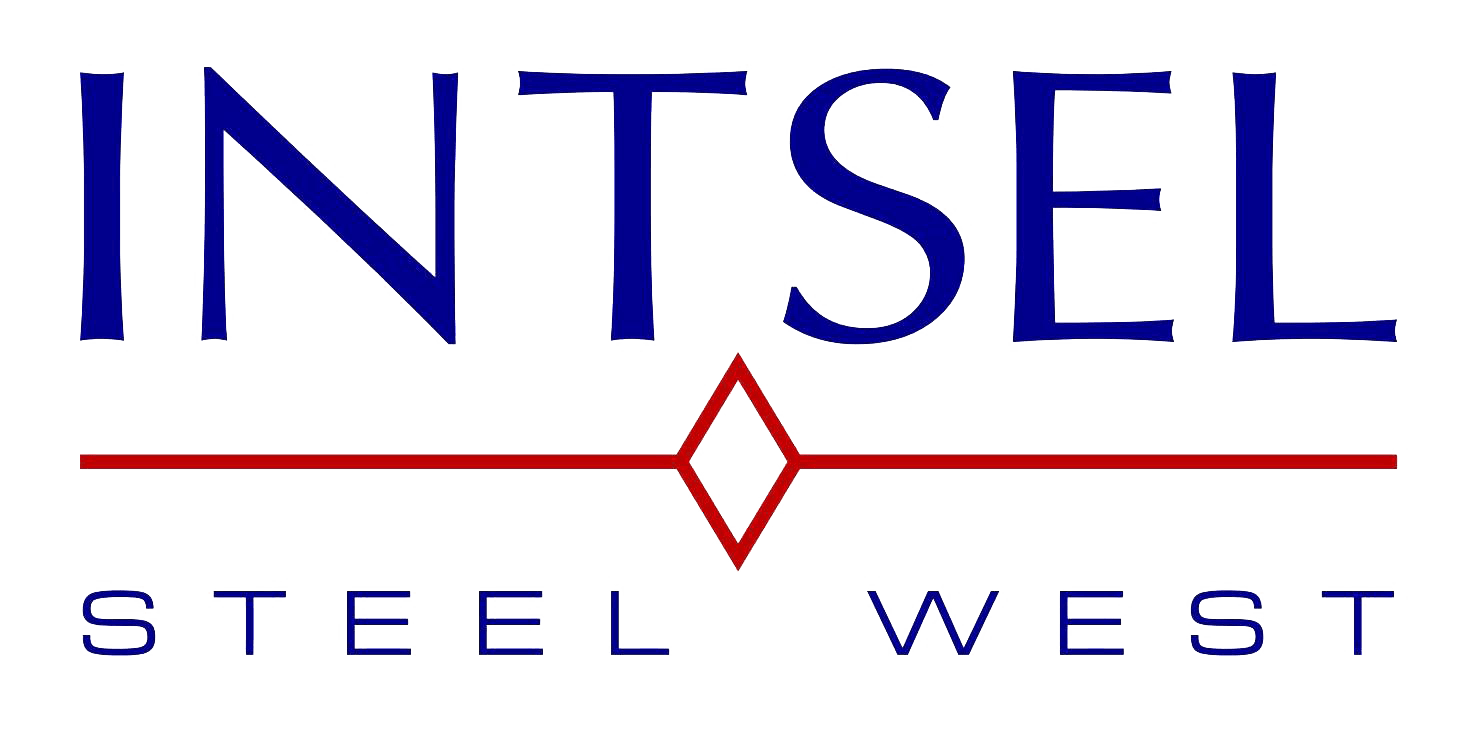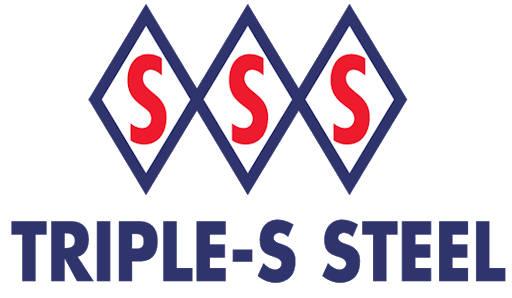



Structural steel is one of the most common building materials globally, with a market value of $96.94 billion in 2020. Structural steel is being used for construction more each year, and with good reason.
The demand is high, so if you need quality structural steel in Denver in a tight time frame, it is essential to know what you need and where you can get it. If you want to know what sort of structural steel you can have delivered fast, keep reading.
Steel is an alloy of iron and carbon. The inclusion of various other elements will give different types of structural steel. ASTM (American Society for Testing and Materials) specifies the types of steel used for construction in the United States. These steels fall into the groups below.
This includes steel that has a carbon content ranging between 0.05 and 2.1 percent. Other elements may be present. There is no specified minimum content for other alloying elements such as cobalt, nickel, or tungsten. Adding such elements is possible to achieve a particular alloying effect.
Copper, however, has a minimum that must not exceed 0.4 percent. The following limits are also set: 1.65% manganese, 0.6% copper, and .06% silicon.
Other steels are generally designed to meet a specified chemical composition. The intended purpose of this type is to meet specific mechanical specifications. HSLA typically has greater corrosion/rust resistance or better mechanical properties than other types of steel.
The carbon content must be 0.05% to 0.25%. Various other elements may be added for different desired effects. Using HSLA steels instead of carbon steels can make the final structure 20-30% lighter without compromising any strength.
Often called either weathering steel or corten steel, this type of steel does not require painting. Exposure to weathering forms a rust-like appearance while remaining stable. This oxidization process can take six months or longer, but surface treatments can reduce this to hours if necessary. The layer formed on the surface is actually protective, making this steel suitable for outdoor uses where it will be exposed to the elements.
Quenching involves heating steel to roughly between 815°c and 900°c, then rapidly cooling it. All elements of the process are very controlled; the temperature, cooling method, cooling substance, and cooling speed.
Any mistakes in these aspects can lead to distortion/deformation or a brittle end product. Tempering can then take place. This involves heating the steel below the critical point for a specified time and cooling naturally. Tempering decreases the hardness and increases the ductility/toughness of the steel.
Forged steel is made by alloying iron and carbon under very high pressure. The result is steel with a finer structure and less porosity. This has higher fatigue and tensile strength, as well as increased ductility when compared with other steels. This can be done at various temperatures. The higher the temperature used, the more formability the steel has. More formability means forming the steel requires less force. The advantage of forging at a low temperature is that the material will be conserved better, and the surface finish is improved.
Carbon steel is standard in structural applications such as buildings and bridges. It is also present in several other applications: fencing/gates, cars, gears, pipelines, tools, and cooking pots.
HSLA steels have many uses, including cars, cranes, roller coasters, bridges, and other structural elements. It is best used when high amounts of stress may be present. The strength-to-weight ratio is also a desirable characteristic for such applications.
Weathering steel is commonly used on outdoor structures such as bridges. Sculptures are often made with this when the rusted appearance is desired. Intermodal containers are also often made from corten steel, and it is widely present in marine transportation.
Quenched and tempered steel has several common uses. Among these are storage tanks, gear wheels, earthmoving buckets, excavator/loader buckets, cutting edges, bridges, and high-rise buildings. Forged steel is suitable for use in cars, aircraft, agricultural machinery, building, and bridges.
When manufacturing structural steel, it is possible to create any number of various pieces. It is a very versatile material, so custom parts can easily be produced.
There are, however, several shapes that are relatively standard across the industry when it comes to structural steel parts for construction.
As you probably realize after reading this article, there are many options when it comes to structural steel. Whatever your steel needs are, Intsel Steel West has you covered. We have a warehouse located in Colorado, fully prepared to supply clients with quality steel in a fast turn-around time.
Intsel Steel can supply several different steels. If you need an immediate structural steel delivery, the team at Intsel can get it out to you the next day to any worksite in Denver. If you’re after structural steel in Denver, don’t hesitate to contact us by clicking here.